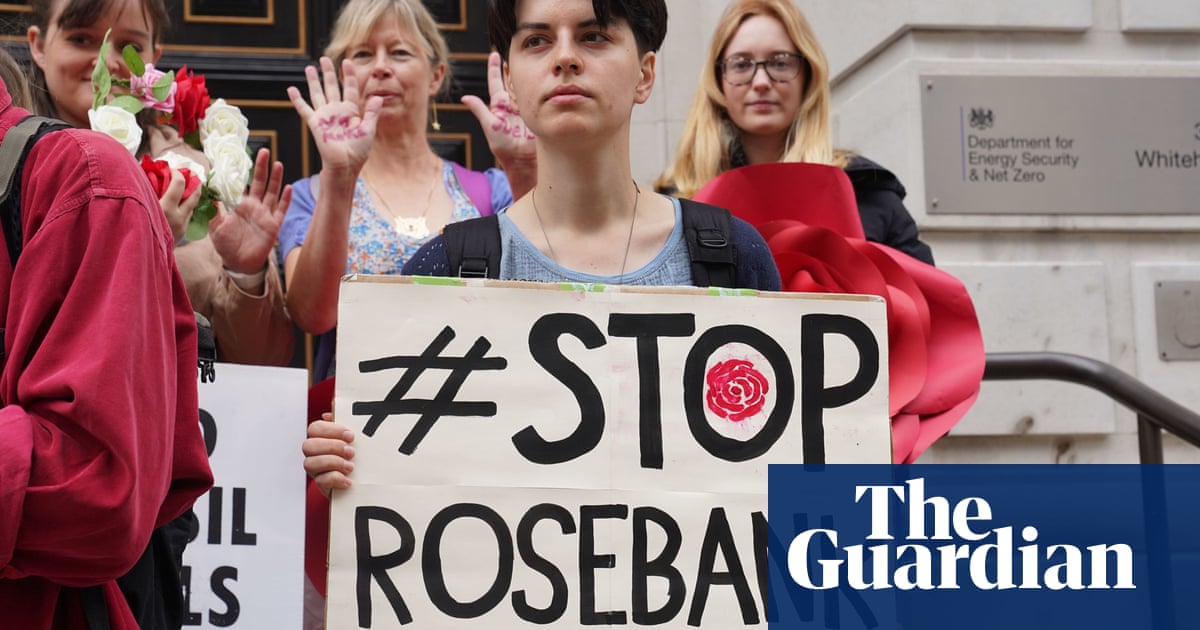
British efforts to penetrate the Kremlin are kept so secret that they would not be shared with the intelligence and security committee (ISC), according to Whitehall sources who argue that the body’s criticism of their work on Russia is unfair.
Critical intelligence would only be shared in a tight circle with the prime minister, senior ministers and officials – and not, even retrospectively, with the committee that concluded Britain’s spy agencies had “taken their eye off the ball” on Russia.
The pushback comes two days after the release of the 50 page report which accuses successive governments and the intelligence agencies of being slow to acknowledge a resurgent Kremlin over the past decade – and failing to investigate whether Russia had sought to interfere with the 2016 Brexit referendum.
“The committee is not briefed on the secret intelligence and whilst it is given some insight it does not receive single source material and definitely not as a live feed,” a former senior Whitehall insider said.
They argued that the intelligence committee is “speaking from some level of ignorance” and complained that the result of the report is to “trash the reputation” of MI5, MI6 and GCHQ as they try to deal with the Russian threat.
Old hands cite examples such MI6 agent Oleg Gordievsky – where the intelligence he provided was only shared with Margaret Thatcher and a handful of others in the 1980s – and add that even today, critical material about Russia is shared only on paper with a handful of people because electronic communications are not trusted.
Twenty years ago, domestic spy agency MI5 devoted 20% of its resources to countering Russia and other hostile states, but the intense focus on Islamist terror after 9/11 and 7/7 meant that by 2008-09 this had tumbled to 3%, the report states.
Attitudes began to shift after Vladimir Putin’s reelection to the Russian presidency in 2012 so that the proportion increased to 14.5% by 2013-14, a “level that MI5 says meant slightly more staff were working on Russia than had been during the Cold War”. More recent figures not publicly available.
Sources describe an ongoing debate within MI5 as to how far the organisation can pivot away from counter-terrorism now that Isis has lost its territory in Iraq and Syria at a time when political concern about China as well as Russia is rising.
Today’s spies are wary of criticising the ISC’s fundings – and said that the Russia report is being taken seriously across the intelligence community. They are also wary of becoming involved in rows about Brexit or anything else that could be construed as a party political matter.
A key accusation in the report is that British intelligence failed to take seriously accusations that Russia had engaged in social media disinformation, using online bots and trolls, during the 2016 referendum – and only began to take the subject more seriously after the US hack of the Democratic party emails that summer.
Former Whitehall insiders argue that for British intelligence to have monitored Russian disinformation at the time of the Brexit campaign would have required political direction and extra resources from ministers – at a time when the threat was less well understood.
The ISC also complained that there was no “post referendum assessment of Russian attempts at interference” although former intelligence officers say that, too, would have required a ministerial decision and that neither Theresa May or any other senior minister wanted to do so afterwards once the result was clear.
In its report, the ISC complained that when it began its Russia inquiry in 2017, and asked MI5 for information the agency provided “just six lines of text” which they said was “indicative of the extreme caution” that the domestic intelligence agency has around political events.
Whitehall sources indicated their view at the time was that there was no high level intelligence to suggest that Russia definitively wanted the UK to leave the EU – and that on a traditional intelligence view, which is focused on the inner politics of the Kremlin, there was little to say.
It is also much harder to call out the disinformation or hacking activities of Russia or any hostile state because that can entail diplomatic and political consequences, although since the Salisbury poisonings in 2018 British politicians are more willing to do so if it suits them.
Last week, Dominic Raab, the foreign secretary, acknowledged for the first time that there had been an attempt by a hostile state to interfere in a British election. He accused “Russian actors” of spreading a leaked dossier of government emails that was picked up during the 2019 campaign by Jeremy Corbyn.












